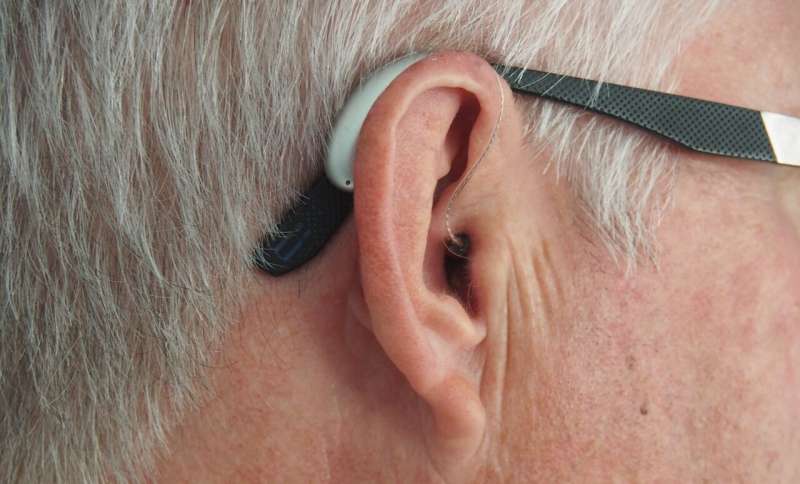Long COVID Patients Use Self-Tracking and Online Support Networks Amid Healthcare Gaps

Many long COVID patients face healthcare dismissals and inadequate support, turning to wearable devices and online groups to manage their symptoms and advocate for care amidst systemic gaps.
Despite growing recognition of long COVID as a distinct condition, many patients continue to face skepticism, dismissal, and inadequate support from healthcare providers. Patients often encounter what has been described as "medical gaslighting," where their symptoms are disbelieved or misattributed to psychological causes, leaving many to navigate their illness largely on their own.
A recent study, conducted in collaboration with Professor Deborah Lupton from the University of New South Wales in Australia and published in the journal Sociology, highlights how individuals with long COVID are increasingly turning to digital tools and online communities. These resources help them make sense of their symptoms, identify patterns and triggers, and develop self-management strategies.
Participants in the research, largely highly educated and professionally employed, use wearable devices like smartwatches and symptom-tracking applications to gather evidence of their condition. This data often serves as proof to healthcare providers, aiding in obtaining referrals for diagnostic tests, specialist consultations, and treatment. In several cases, patients credit their self-tracking efforts with the ability to secure necessary medical diagnoses.
Dr. Sazana Jayadeva, a co-author of the study, emphasized that long COVID patients are often left to manage their health with minimal support, despite the wealth of information that digital self-tracking and online peer advice can provide. She advocates for the integration of patient-generated data into clinical practice, underscoring its potential to reduce power imbalances between patients and healthcare professionals.
However, the study also points out challenges. Many patients feel their data is ignored or resented by medical practitioners. While digital evidence offers a promising avenue for empowering patients, its effectiveness depends on clinicians’ willingness to listen and value patient contributions. The researchers call for a cultural shift in healthcare that respects and utilizes patient-generated data.
Overall, the findings illustrate how technology and community networks are becoming vital tools for long COVID sufferers, especially when formal healthcare systems fall short. Yet, the authors warn that relying on patient self-management is not a substitute for comprehensive medical support, emphasizing the need for systemic improvements in care for contested illnesses.
Source: https://medicalxpress.com/news/2025-08-denied-covid-patients-tracking-online.html
Stay Updated with Mia's Feed
Get the latest health & wellness insights delivered straight to your inbox.
Related Articles
Evaluating the Cost-Effectiveness of New Obesity Medications
New obesity drugs like semaglutide offer significant health benefits but present complex economic challenges. Recent research questions whether these medications pay for themselves through healthcare savings, emphasizing the need for strategic cost management.
Innovative Fusion Protein Enhances Cancer Immunotherapy Effectiveness
A novel fusion protein developed by researchers at Basel combines immune activation and tumor signal blocking, enhancing the effectiveness of cancer immunotherapy with reduced side effects.
Innovative AI Glasses Show Promise for Enhancing Hearing in Challenging Environments
Discover how cutting-edge AI glasses are transforming hearing support by filtering background noise in real-time, promising better social engagement for those with hearing loss. Source: https://medicalxpress.com/news/2025-08-ai-glasses-loss.html
Innovative AI-Powered ECG Tool Shows Promise for Early Heart Failure Detection in Kenya
A groundbreaking AI-powered ECG algorithm shows high accuracy in early detection of heart failure in Kenya, offering a scalable solution for resource-limited healthcare settings.



